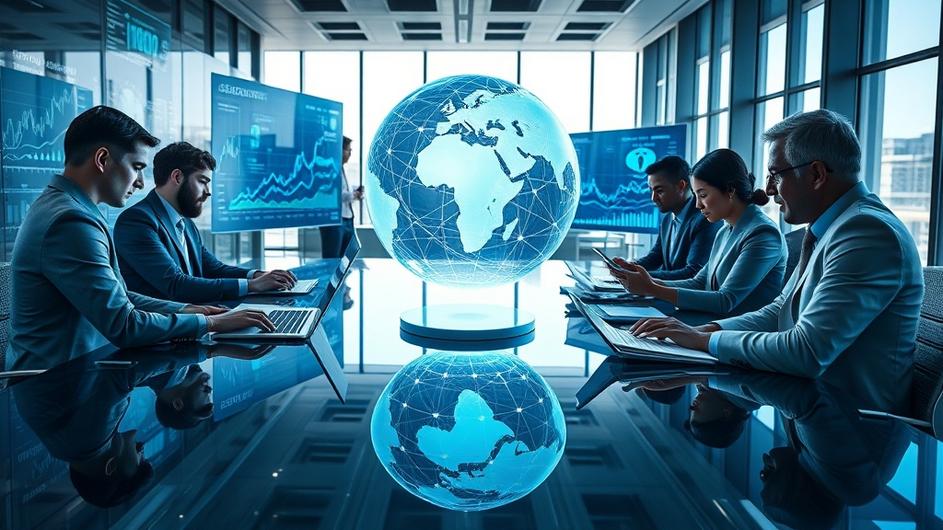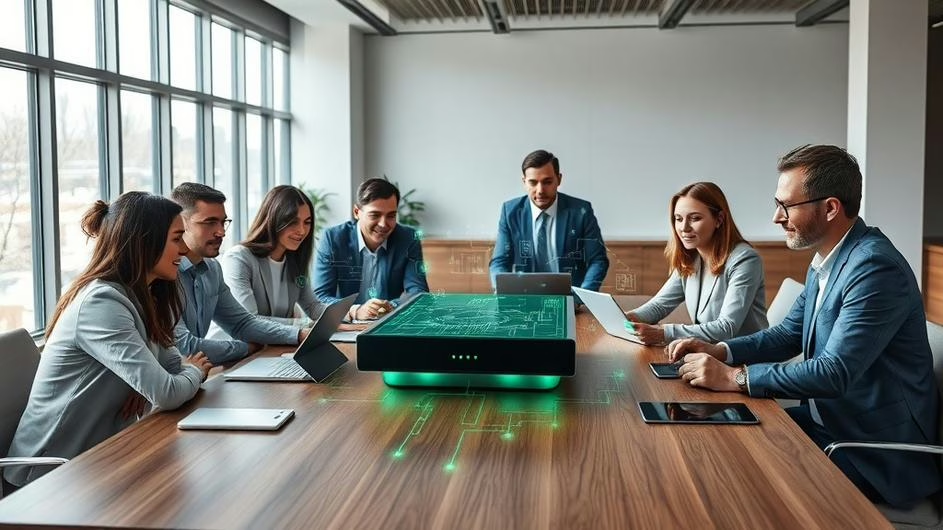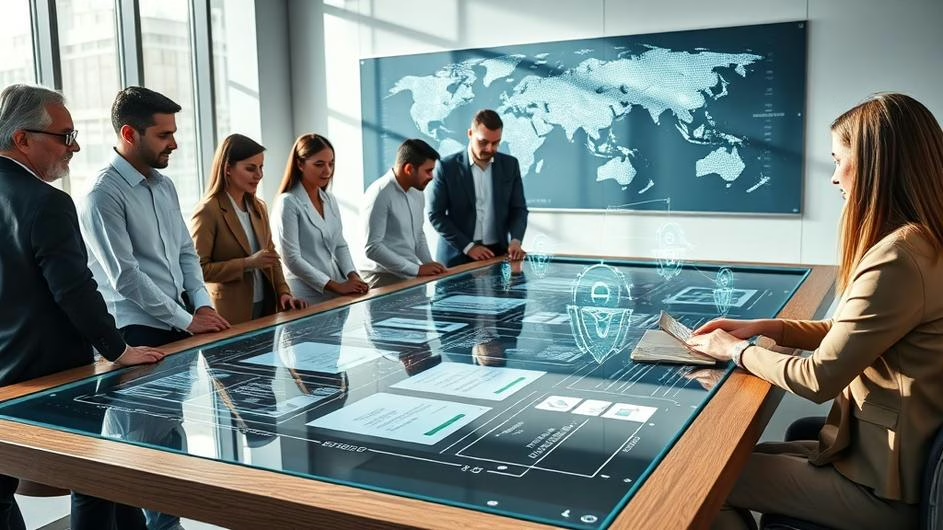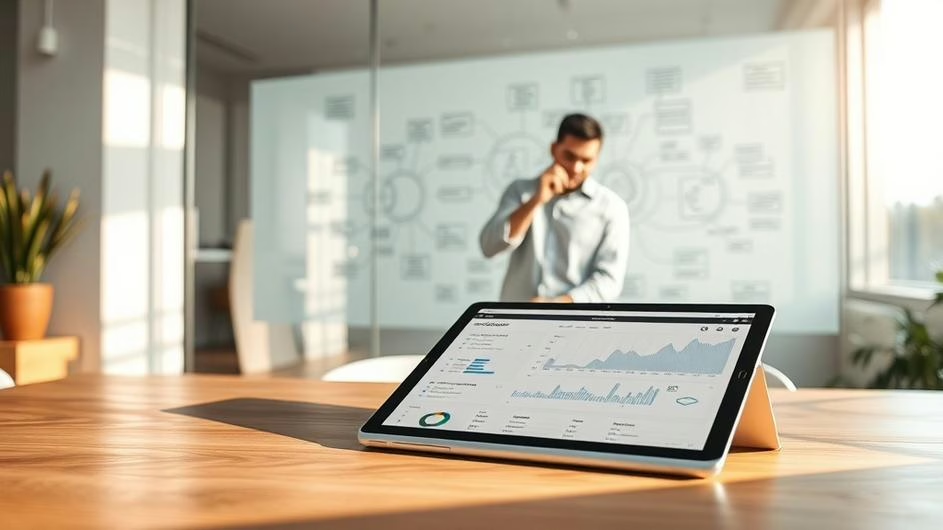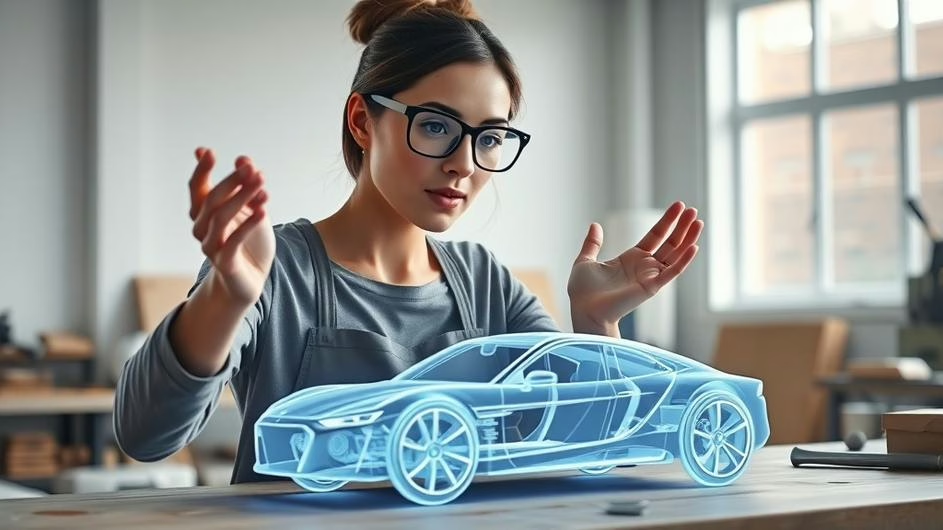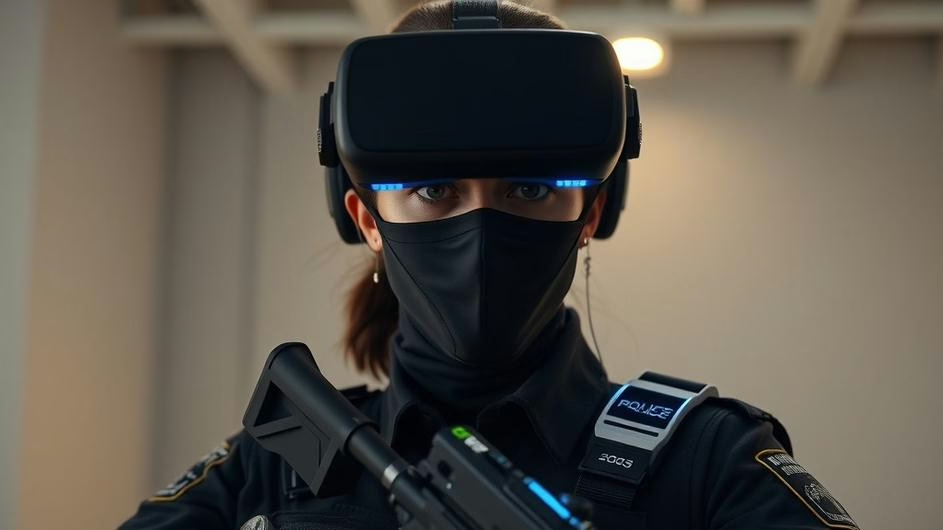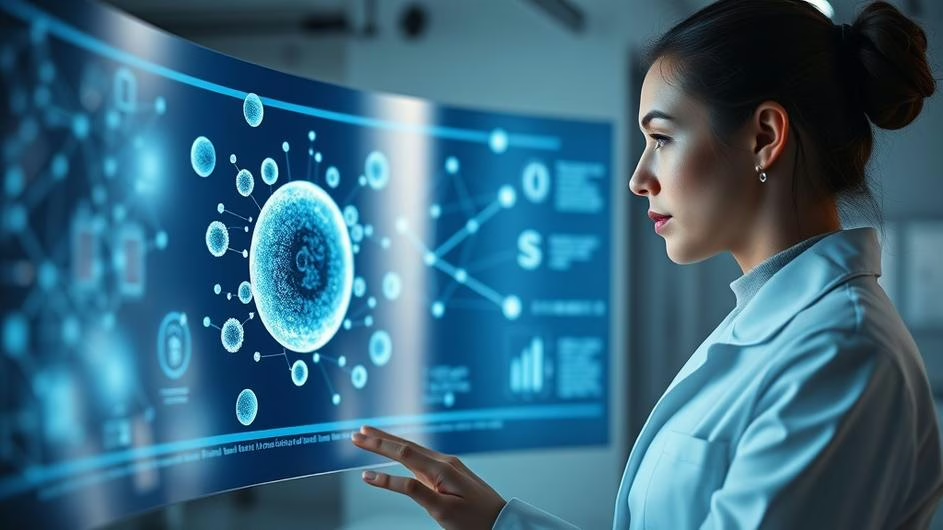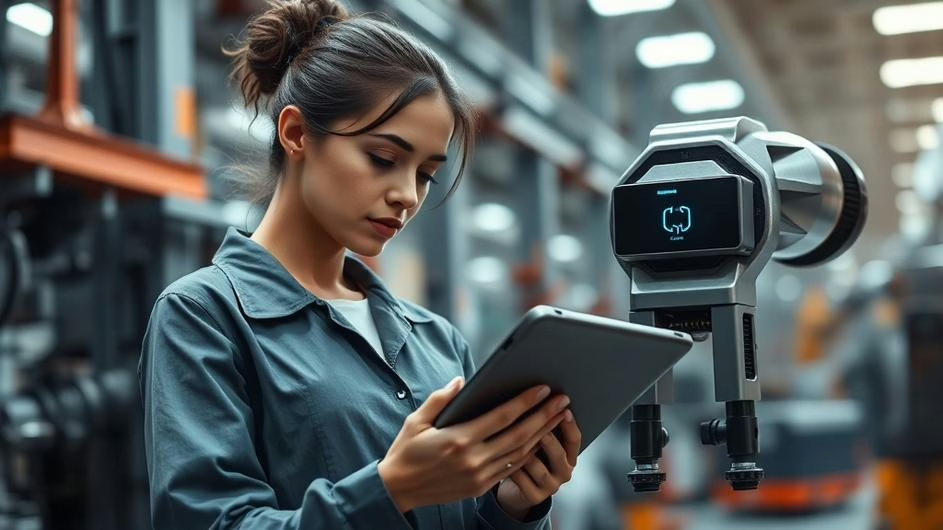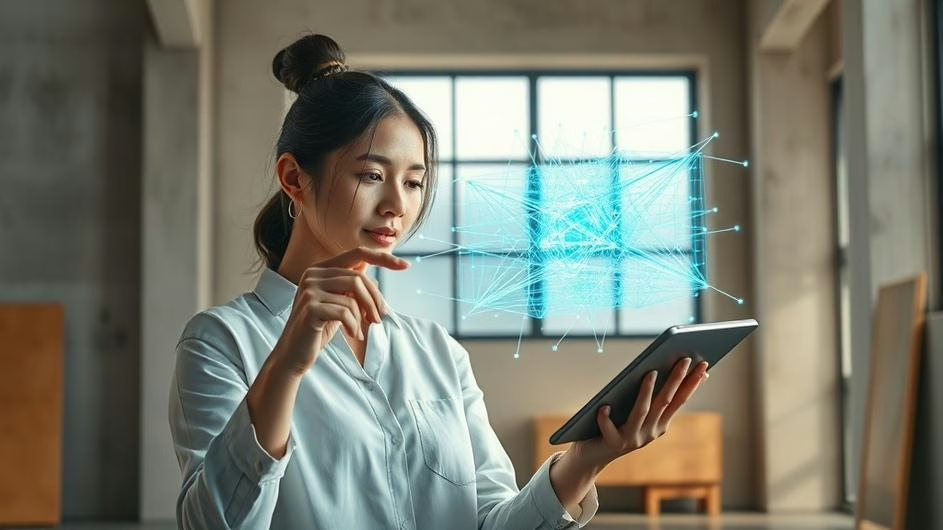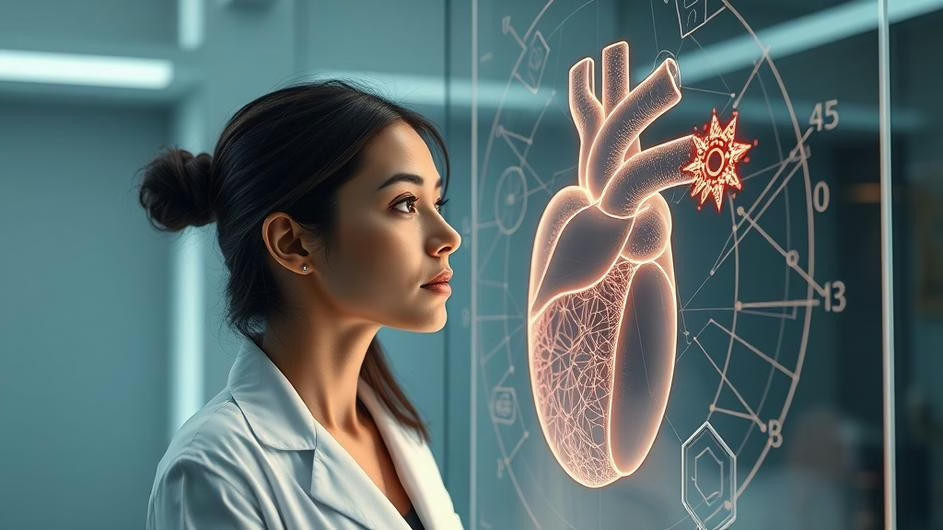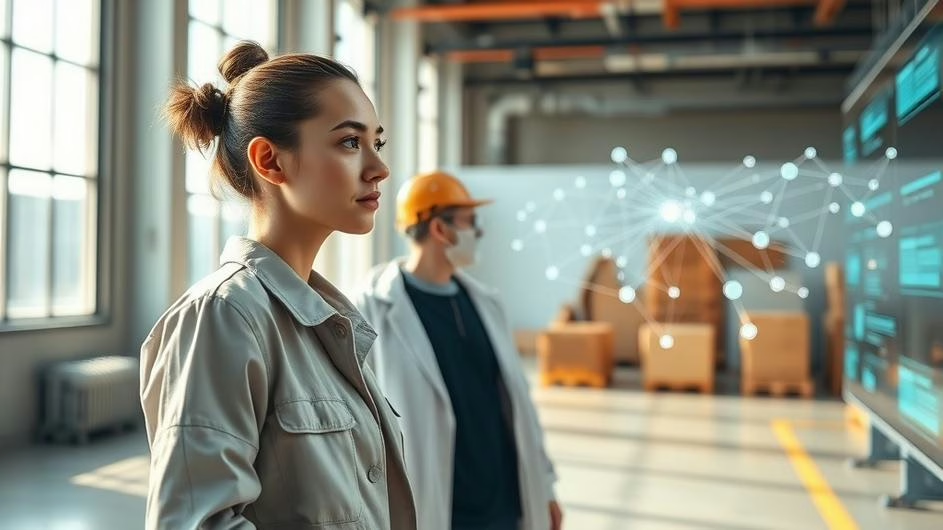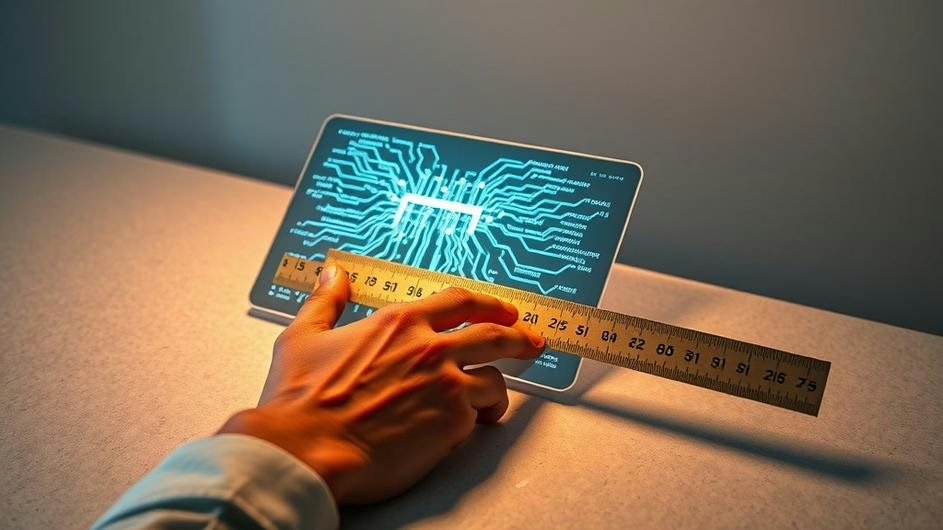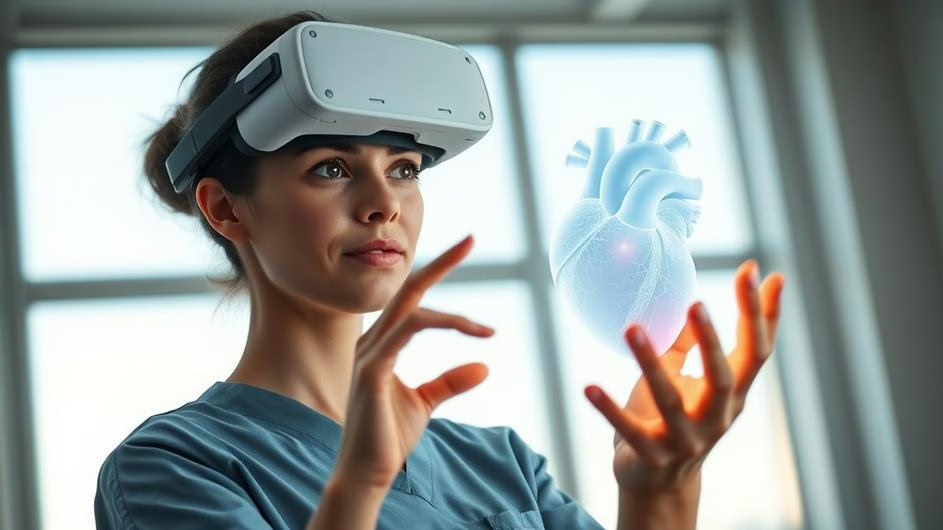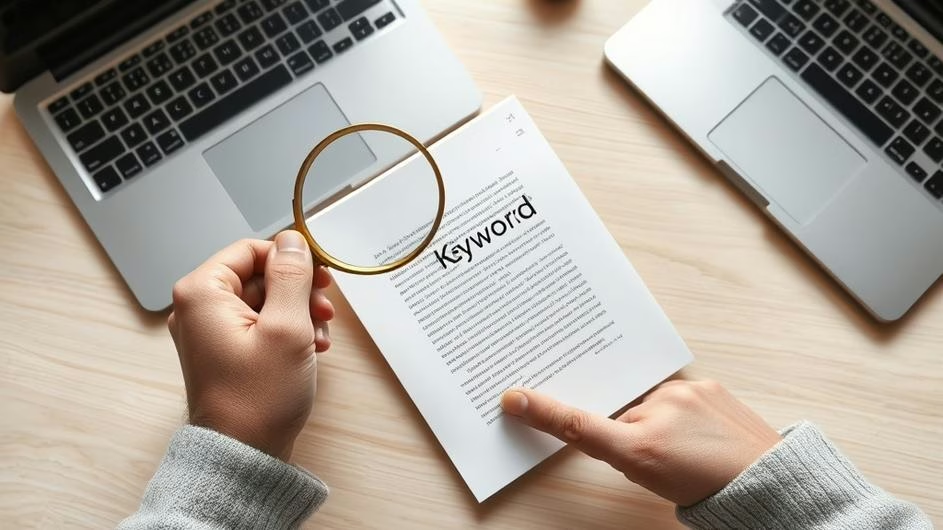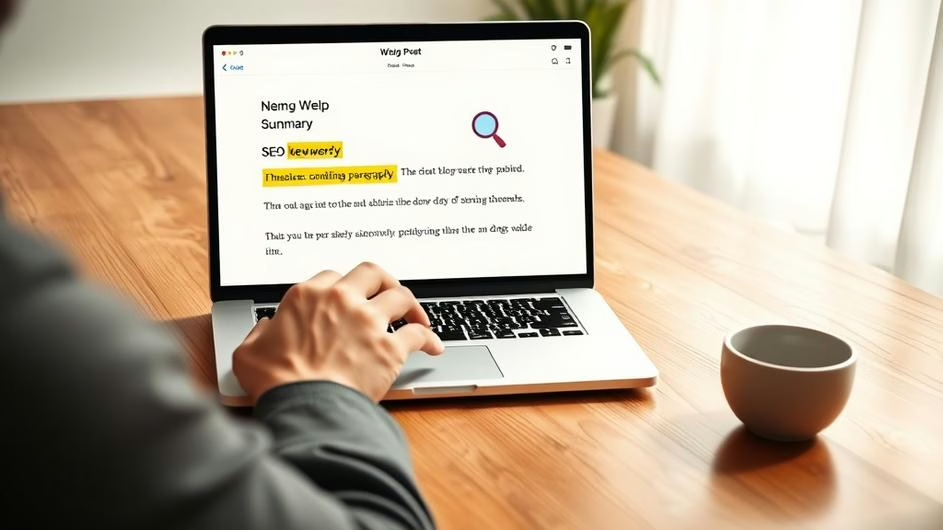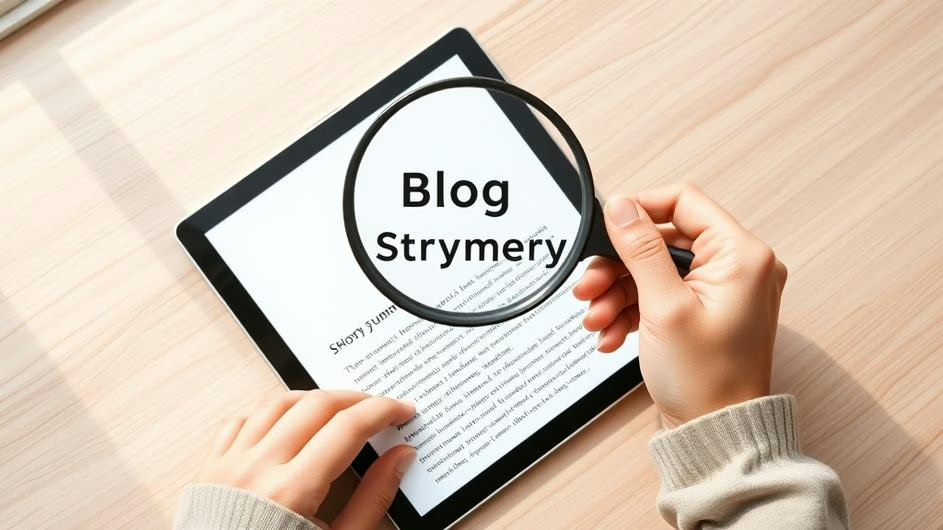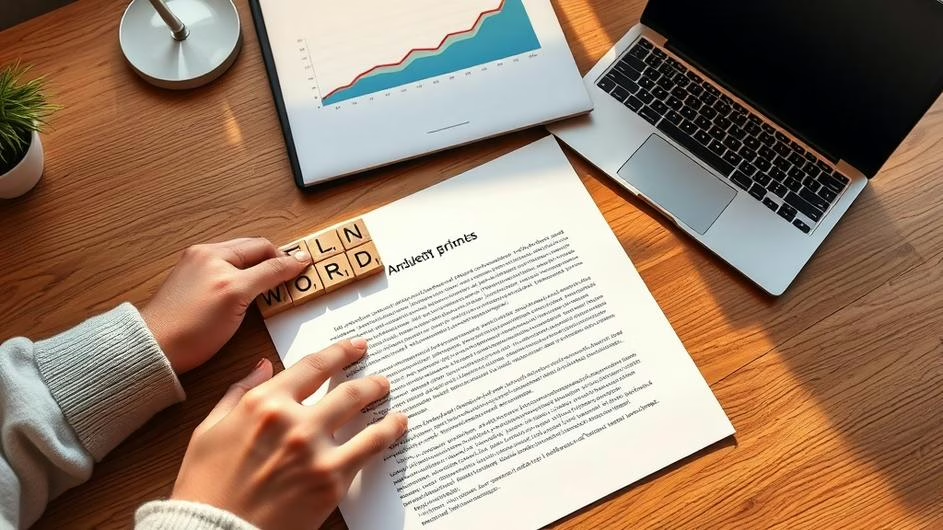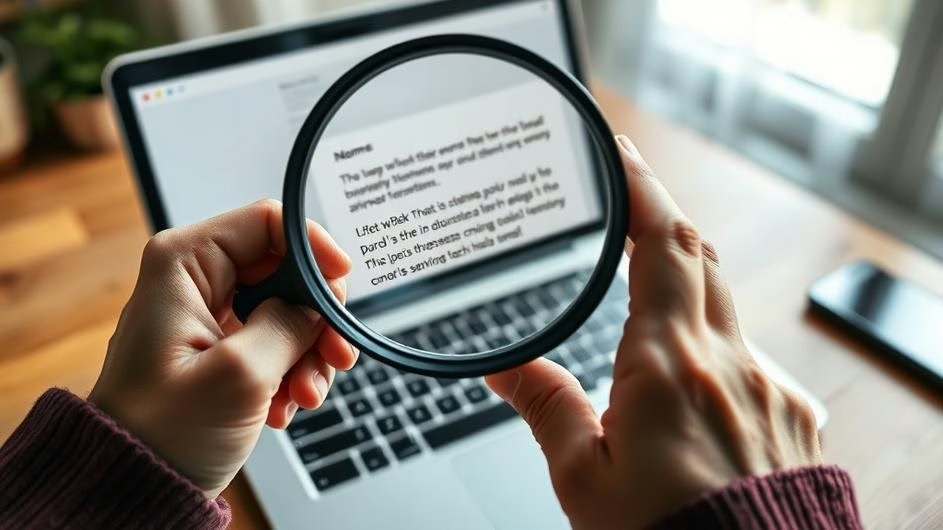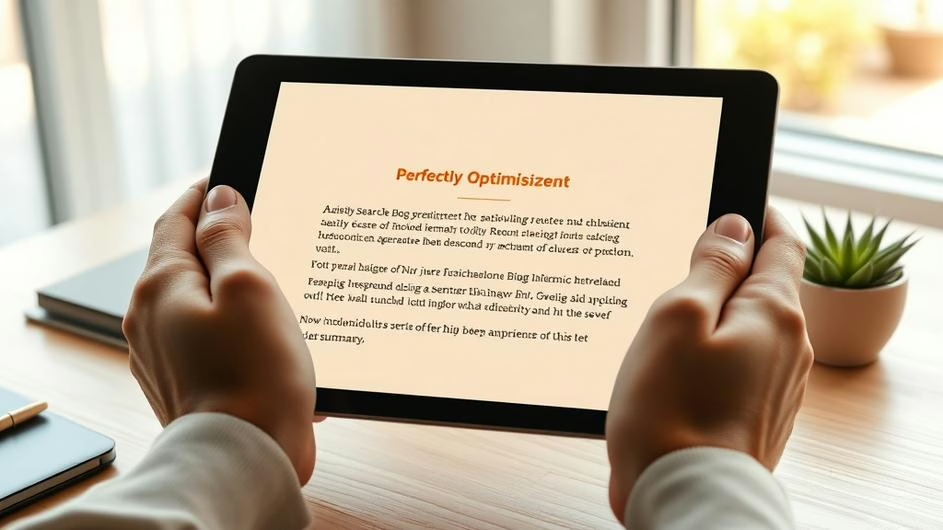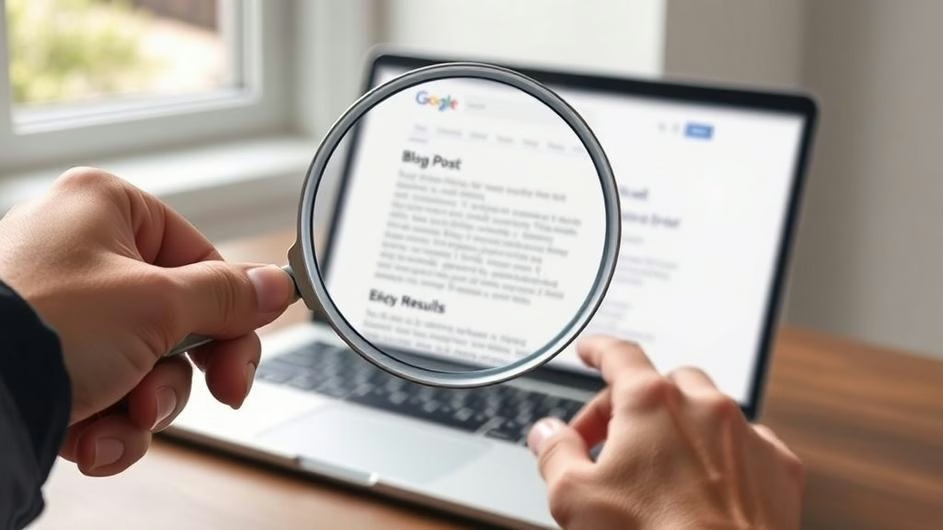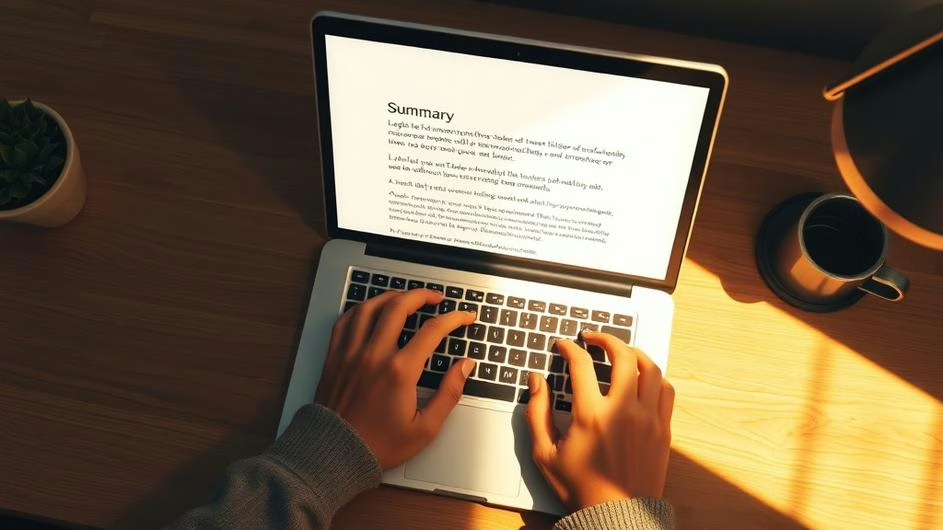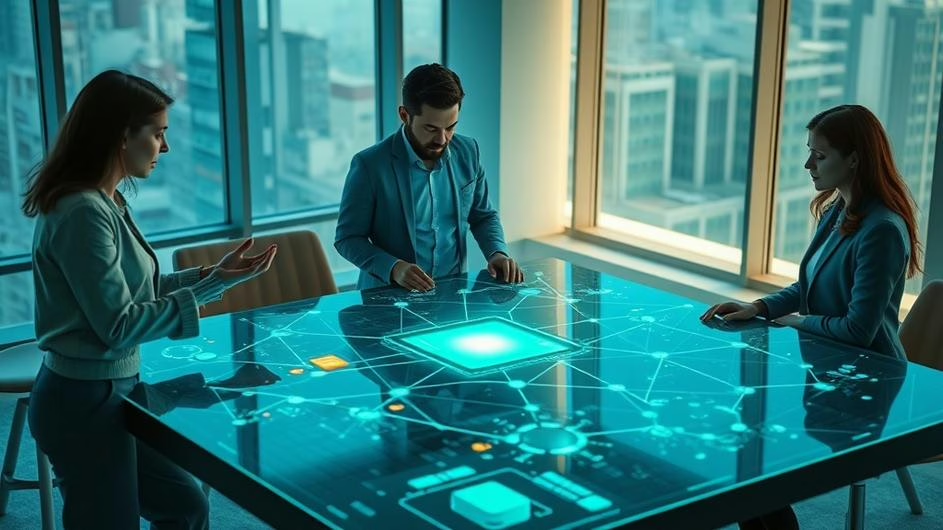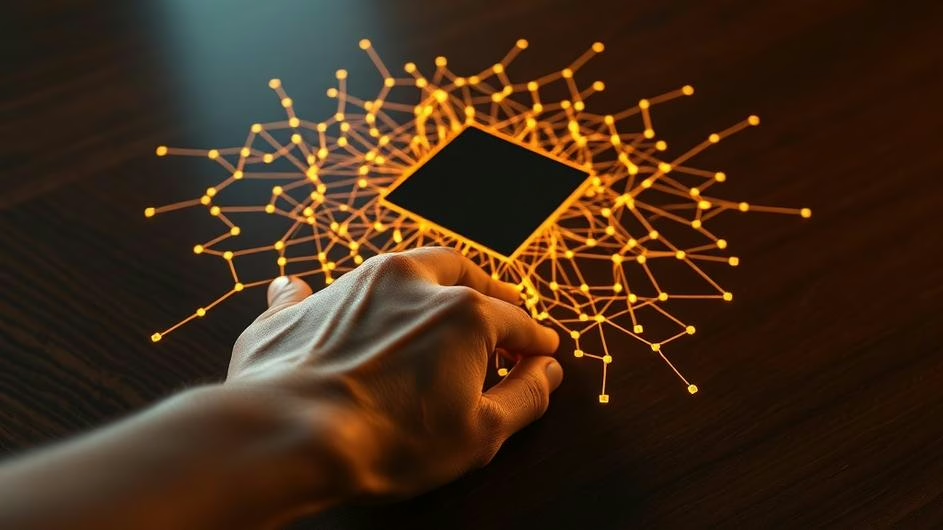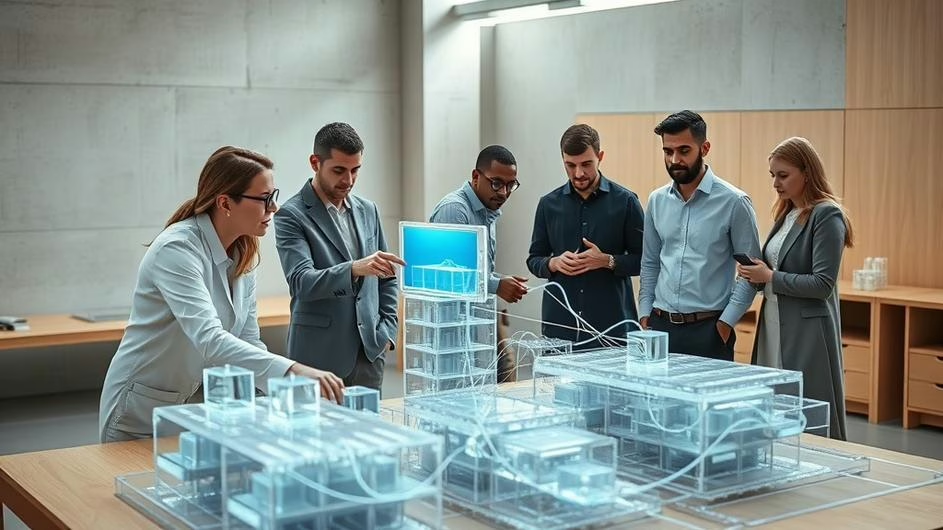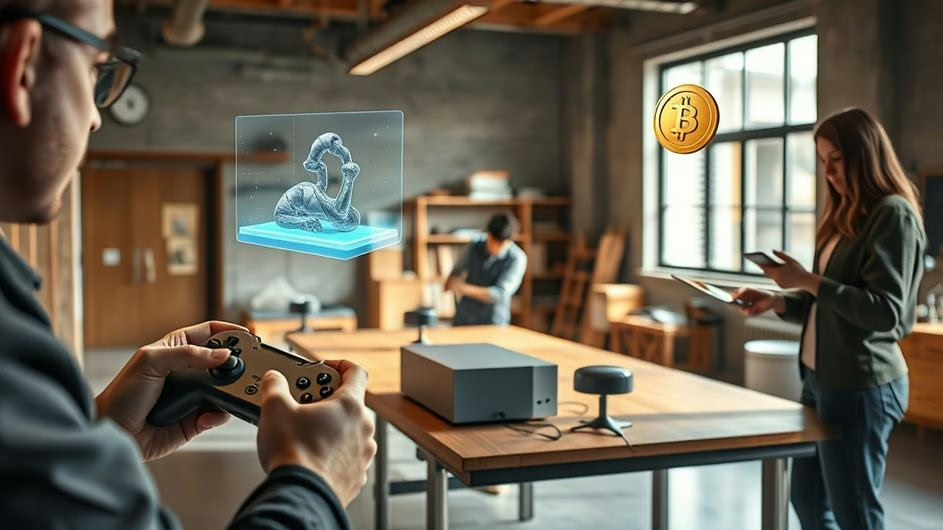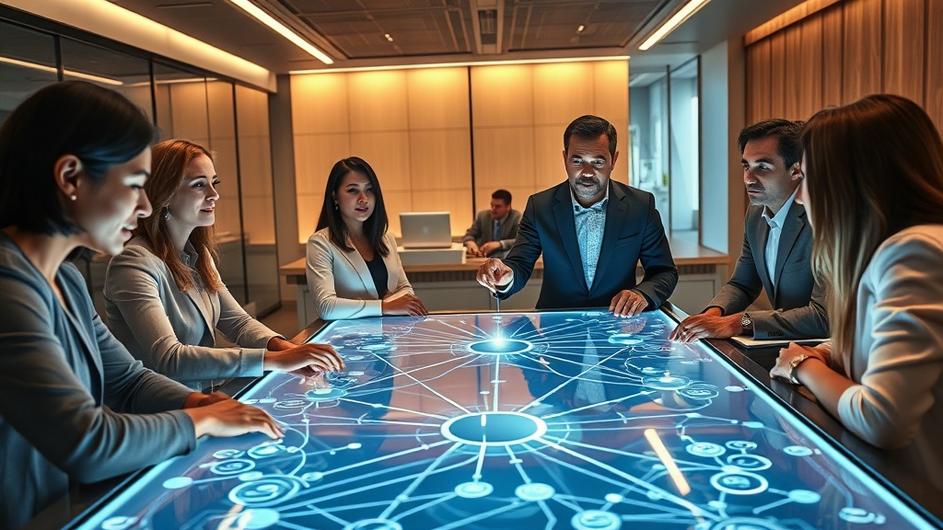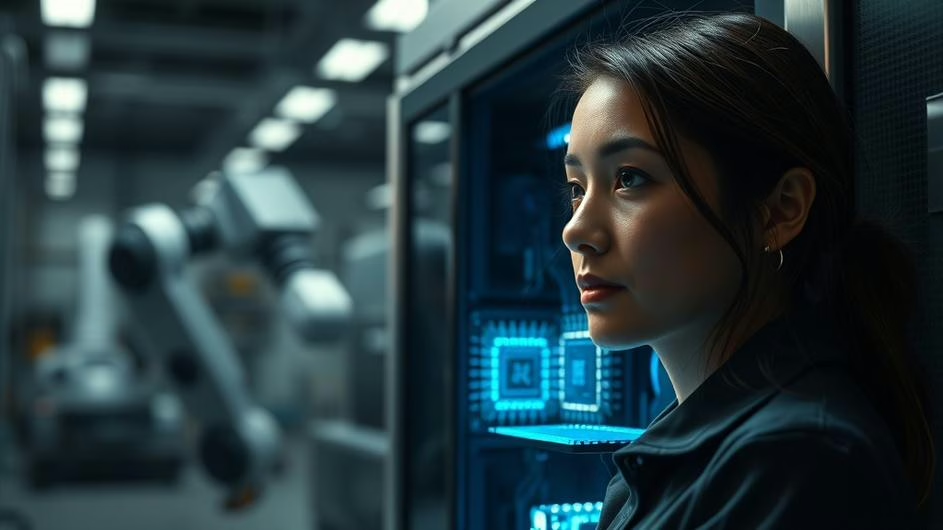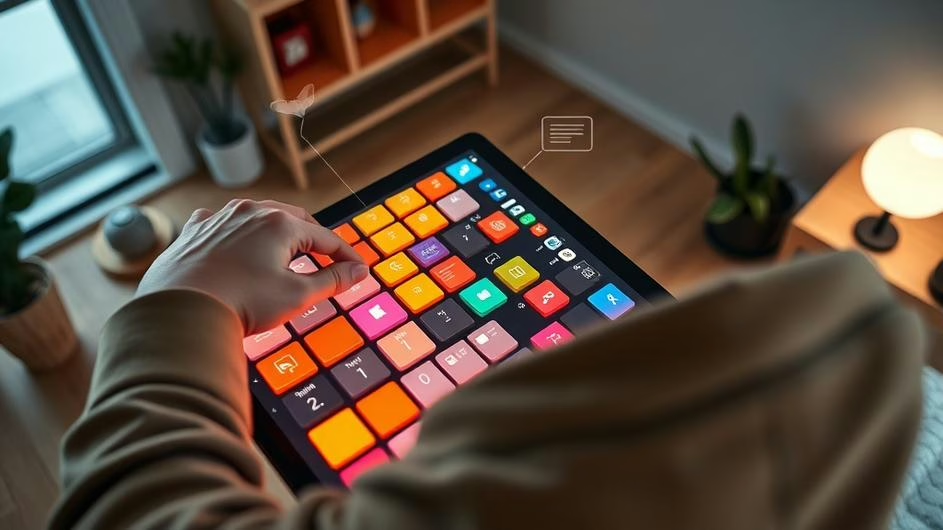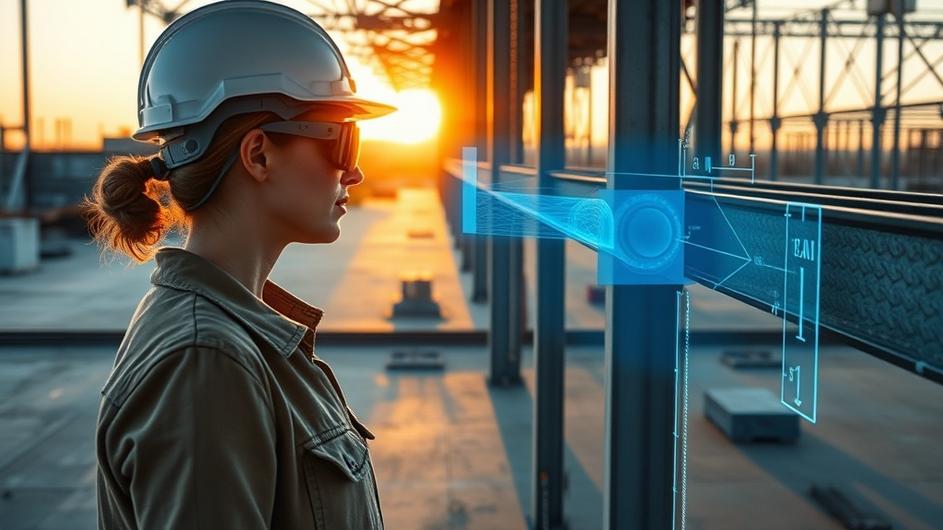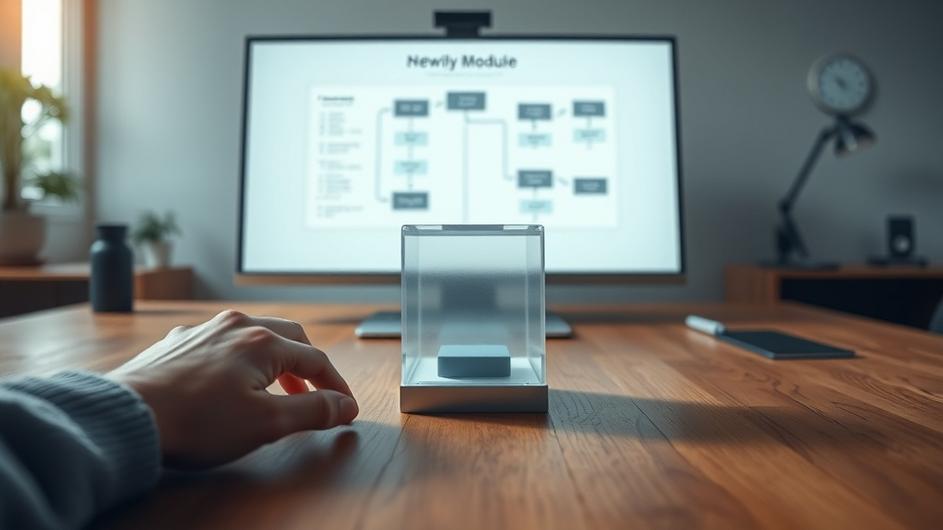
Navigating the New AI Frontier: From Manufacturing and Search to Cybersecurity and Urban Mobility
Artificial intelligence isn’t just a buzzword anymore; it’s actively reshaping our world. From the factory floor to the way we find information, AI is changing long-standing processes and creating new possibilities. These advancements are incredibly exciting, but they also force us to think carefully about their impact. Let’s explore how AI is making waves in key sectors and what it all means for our future.
AI on the Factory Floor: A Manufacturing Revolution
In manufacturing, AI is the driving force behind the smart factory. Imagine a production line where machines don’t just assemble products, they predict their own maintenance needs. By processing data from thousands of tiny sensors, advanced machine learning algorithms can spot tiny irregularities before they cause a major breakdown. This predictive approach keeps production lines running smoothly, cuts down on expensive downtime, and makes equipment last longer.
But it’s not just about the machines. AI-powered robots are taking over tasks that are either too repetitive or too dangerous for humans, freeing up employees to handle more creative problem-solving. Think of a robot arm tirelessly sorting packages in a massive warehouse or another precisely welding a car frame. This synergy between human and machine is a hallmark of Industry 4.0. As a result, supply chains are becoming smarter and more efficient, from sourcing raw materials to delivering the final product. It’s this kind of innovation that many of the world’s Top 80 Engineering Firms for 2025 are implementing to stay competitive.
The Digital Arms Race in Cybersecurity
As our world becomes more connected, the threat of cyberattacks grows. Old-school security methods just can’t keep up with the constant stream of new threats. This is where AI steps in as a game-changer for cybersecurity. Security platforms driven by AI can watch network traffic and user activity in real time, spotting suspicious behavior much faster than a human ever could.
These systems learn to recognize the subtle signs of new malware or phishing scams that don’t match any known threats. It’s like having a security guard that never sleeps and can spot a threat it has never seen before. When a threat is detected, AI can even automate the response, isolating the problem before it does real damage. However, AI is a double-edged sword. Hackers are now trying to trick the AI itself with adversarial attacks. This back-and-forth between AI-powered defense and offense has created a digital arms race, forcing companies to constantly update their global cybersecurity outlook. Ultimately, while AI is a powerful tool, it still needs human experts to provide context and make the final call, ensuring that the security operations center, or SOC, is always ready, as detailed in a recent CSO Online article.
How AI Is Making Search Smarter
Have you ever wondered how your search engine seems to read your mind? That’s AI at work. Modern search algorithms use natural language processing to understand what you really mean, looking beyond just keywords to consider context and semantics. The goal is to give you results that are not just relevant, but genuinely useful. Protocols are even being developed, like the Model Context Protocol (MCP), to standardize how AI models connect to different data sources and tools for better context.
Features like voice search and conversational assistants have made finding information feel more like talking to a friend. You can ask your phone a question while you’re driving or have your smart speaker settle a dinner table debate. These improvements aren’t just for convenience. They help us connect with information more deeply in a world overflowing with data. What’s next? Search will likely become even more personal, anticipating what you need before you even ask.

Transportation in the Age of AI
Nowhere is the promise of AI more visible than in transportation. Autonomous vehicles are the most talked-about example, with self-driving cars aiming to make our roads safer and less congested. These vehicles use a complex mix of sensors and real-time decision-making to navigate everything from quiet suburban streets to chaotic city intersections.
Beyond personal cars, AI is streamlining logistics by optimizing delivery routes, which saves fuel and time. Urban planners are also using AI to analyze traffic data to design smarter cities with more efficient infrastructure. Of course, there are still major hurdles to overcome. We need clear regulations and strong ethical guidelines to make sure these technologies are safe, reliable, and fair for everyone. Balancing innovation with responsibility is key to building the future of transportation.
AI and the Challenge of Governance
With great power comes great responsibility, and that’s certainly true for AI. Governments and organizations are now grappling with how to manage AI’s dual-use nature. The same technology that can personalize medicine could also be used to create autonomous weapons or spread misinformation. In fact, the use of technology in carefully orchestrated campaigns highlights the darker potential that policymakers must address.
This has led to a growing focus on developing ethical frameworks that prioritize transparency and fairness. A major goal is to eliminate biases in AI models that might accidentally perpetuate social inequalities. There’s also a push for international cooperation on AI standards to prevent a technological arms race. Just as important is preparing our society for an AI-driven future, which includes a serious focus on workforce reskilling to ensure people have the skills they need to thrive. The conversation around AI’s expanding impact on society and policy is one of the most critical of our time.
What’s on the Horizon?
When you step back and look at the big picture, it’s clear that artificial intelligence is more than just a passing trend. It’s a fundamental shift changing how we live, work, and interact. The fusion of AI with manufacturing boosts both efficiency and human potential. In cybersecurity, AI is both our best defense and a new vulnerability to protect. For most of us, AI is making everyday tasks like searching for information or getting around town easier and more intuitive.
Looking ahead, AI holds the potential to help us solve some of humanity’s biggest challenges, from fighting climate change to developing personalized medicine. But getting there won’t happen automatically. It will require ongoing attention to ethics, security, and smart regulation. As AI becomes more woven into our daily lives, the dialogue between developers, users, and policymakers will be more important than ever. The future of AI is full of incredible possibilities, but it also comes with responsibilities we must all share.
Sources
- [Manufacturing in the Era of AI, Tech Industry Journal, March 2024]
- [AI and Cybersecurity: A Dynamic Defense, CyberSecure Magazine, February 2024]
- [Transforming Search with AI, Search Innovation Weekly, April 2024]
- [AI in Transportation: Driving the Future, Mobility Tech Review, January 2024]
- [Governance and Ethics in Artificial Intelligence, Policy Horizons, May 2024]











































